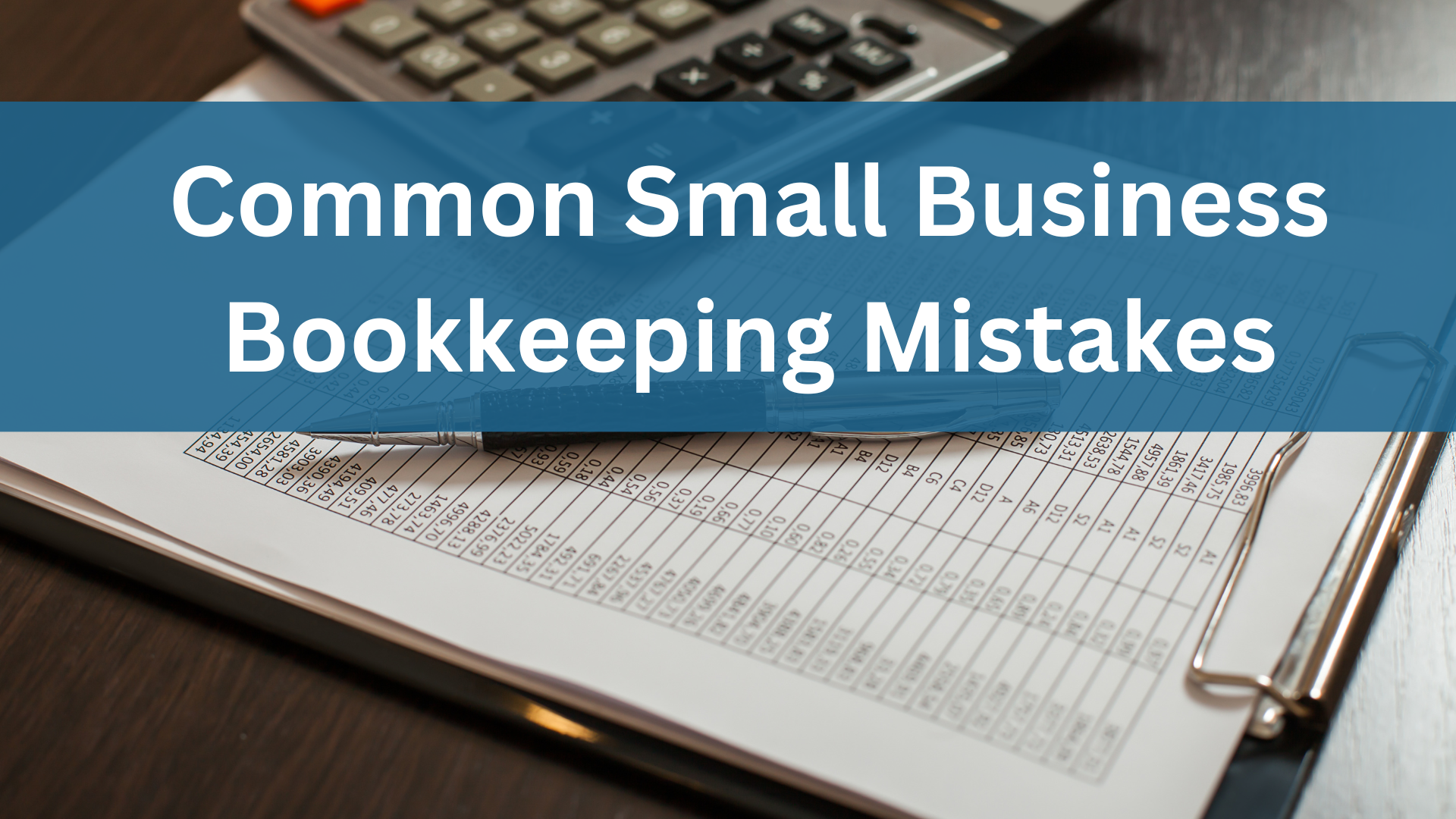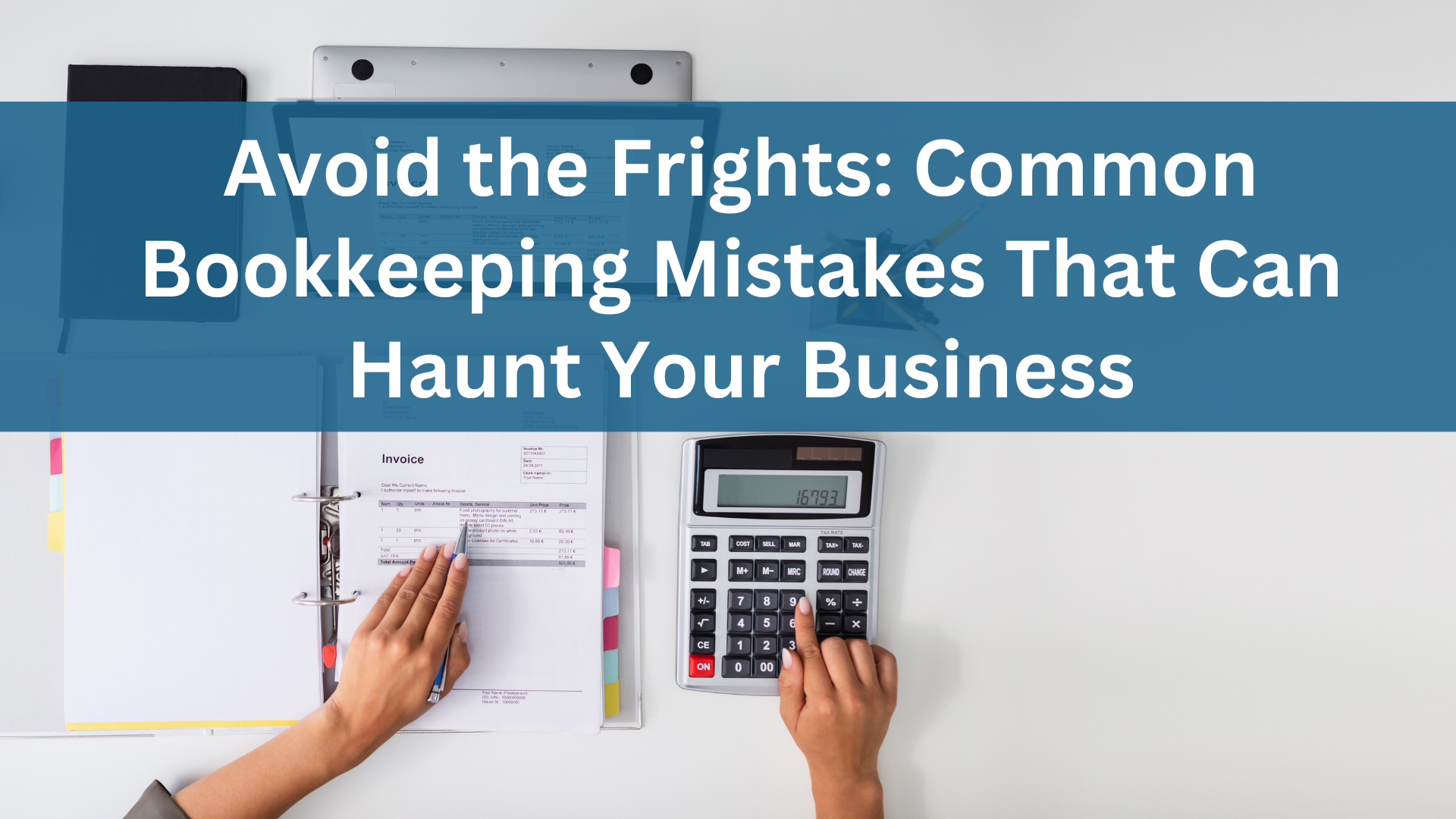Common Small Business Bookkeeping Mistakes
Small business bookkeeping is a crucial task that requires accuracy. However, many small business owners make common mistakes that can have significant consequences for their financial stability. Here are some of the most common bookkeeping mistakes made by small businesses and tips on how to avoid them:
Improper classification of expenses can lead to inaccurate financial reporting and misinterpretation of the business's profitability. Small business owners should take the time to understand proper expense classification and consistently apply it in their bookkeeping practices.
Neglecting to save and organize receipts is another mistake that can lead to missed deductions and potential audits. These documents serve as evidence for deductions, and without them, small business owners may miss out on valuable tax benefits. It is crucial to establish a process for collecting and organizing receipts, whether it be through physical copies or digital methods.
Lastly, relying solely on manual methods or outdated software for bookkeeping can be a significant mistake for small businesses. Investing in modern accounting software can streamline bookkeeping processes, automate tasks, and provide real-time financial insights. This allows small business owners to focus on other aspects of their business while ensuring accurate and efficient bookkeeping practices.
Small business bookkeeping mistakes are common but avoidable. By taking the time to accurately classify expenses, organize receipts, and invest in modern bookkeeping software, small business owners can maintain accurate financial records and avoid potential pitfalls. If you need help managing your small-business bookkeeping, contact AMJ Bookkeeping now and we can ensure that these common mistakes are avoided.



